When does a baby stop drinking formula? It’s such a common question that deserves explanation to help you handle the transition with ease. Here’s what you need to know.
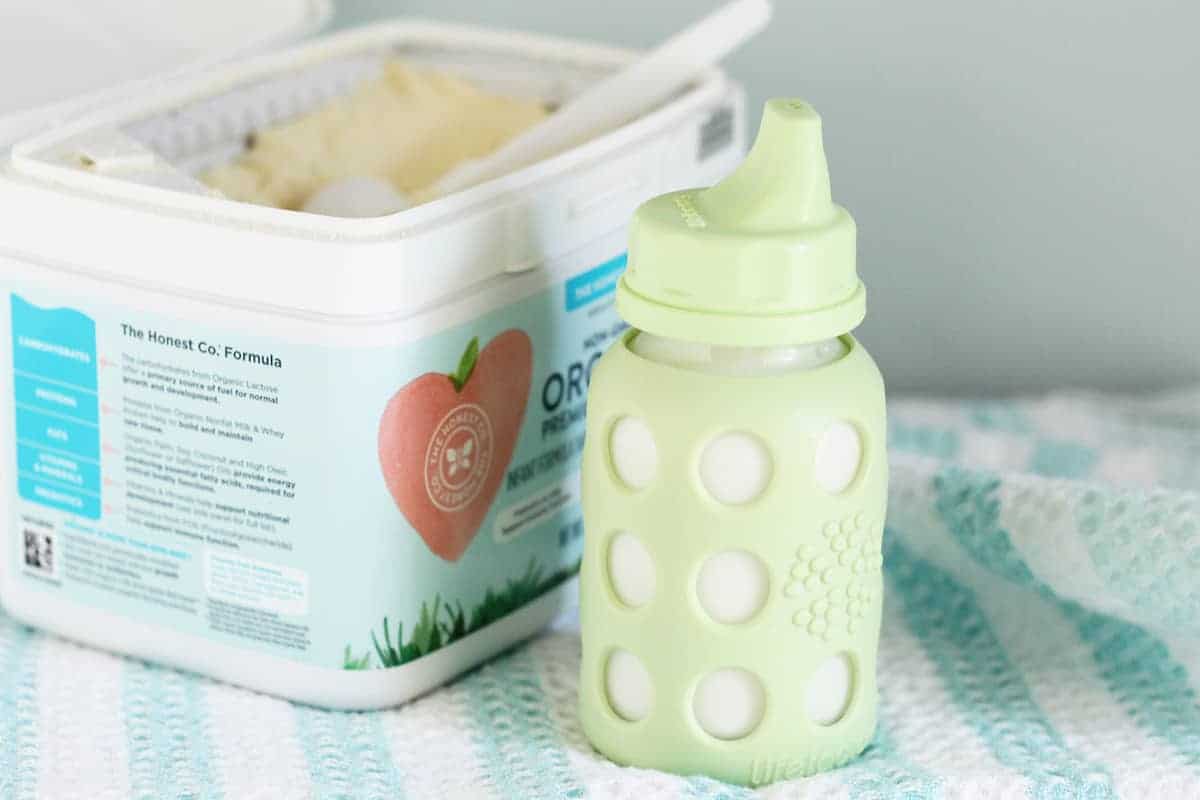
When does a baby stop drinking formula?
Babies should stop drinking formula by 12 months of age. There are a few reasons for this.
- When a baby turns a year old, they are typically eating three meals and two snacks a day, and are getting the majority of their nutrition from food.
- Continuing to use formula can reduce a child’s appetite for food and can potentially cause challenges with learning to like a range of foods and textures.
In real life, this does not necessarily mean you need to flip a switch on their first birthday. It’s simply a guideline meant to keep in mind as you near this age.
(You may also like my breakdown on Toddler Formula.)
Table of Contents
Your toddler won’t eat? Help is here!
Sign up for our email updates to get tips and ideas sent to your inbox.
Why does a baby need to be 1 before they can drink milk?
Babies under 12 months of age have immature digestive systems that aren’t very good at digesting large quantities of milk proteins. The proteins and minerals in cow’s milk can stress a baby’s kidneys and can cause diarrhea in large amounts. (Smaller amounts here and there are usually okay.) Thankfully, this improves by the time they are a year old.
We want to avoid cow’s milk as a drink. An easy alternative is plain unsweetened nondairy milk. Or smoothies made with yogurt or water, though neither is meant to be a substitute for breastmilk or formula for a baby.
What kind of milk is best for toddlers?
When you transition from formula to milk, you should use whole milk and not reduced or nonfat milk. One year olds (and older toddlers too!) need fat for proper growth, so you want to be sure to use milk with fat in it.
Read more about transitioning to cow’s milk here—including ratios, the type of milk that’s best, and how to know if a child is tolerating milk well.
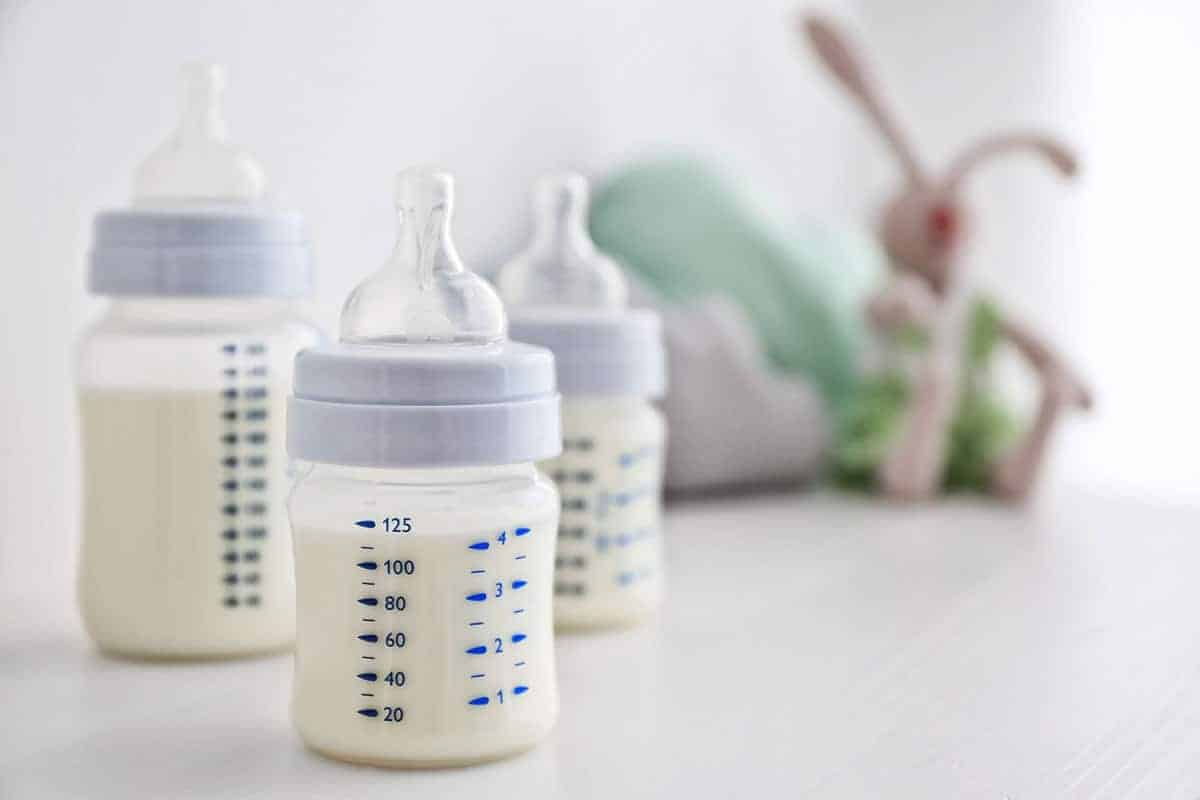
When should a baby stop drinking from a bottle?
The American Academy of Pediatrics recommends that we start to wean a baby from a bottle between 12-24 months of age. Keep in mind that weaning from a bottle is a process and it may take a little longer for some kids than others.
A good goal is to aim to be totally done with bottles by age 2.
TIP: If your one year old is still drinking a bottle of milk, you can start to transition to a sippy cup.
When do babies stop drinking breastmilk?
This is a much more nuanced and individual decision than stopping formula and some families choose to wean from breastmilk at 12 months (or earlier!) and others much later. I’ve experienced weaning at 14, 17, and 20 months—both because my kids seemed ready and I was also ready to move forward—but there’s no one right way to do it.
If nursing seems to be inhibiting your child’s hunger at meals and snacks for food, you may want to consider starting to wean, or simply offering some food before breastmilk. It can be more difficult for kids to learn how to handle textures and flavors the longer they wait to start solids, so giving them ample opportunity to have a lot of food experiences can be helpful.
Frequently Asked Questions
According to the American Academy of Pediatrics, you can start to wean babies off of formula at 12 months when their digestive systems are mature enough to digest cow’s milk.
Babies digestive systems mature by their first birthday, allowing them digest the proteins in cow’s milk. If there’s a medical or feeding concern, it may be recommended to keep it for a while longer, but typically babies don’t need formula after 12 months.
Unless there’s a medical reason and information from your doctor, a 3 year old doesn’t need to be drinking formula.
Unless there’s a medical reason and a recommendation from your doctor, an 18 month old child doesn’t need to be drinking formula. They can drink cow’s milk, water, or a nondairy milk option.
More Resources
Related Posts
I’d love to hear your feedback on this, so please chime below!
This post was first published November 2019.
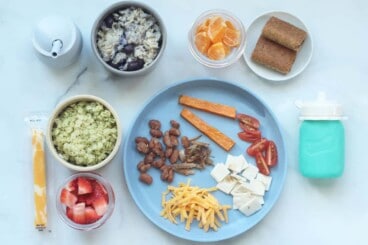
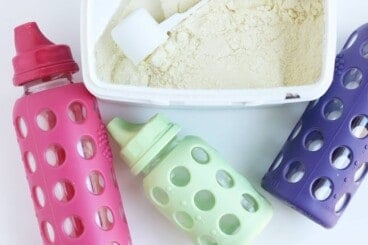
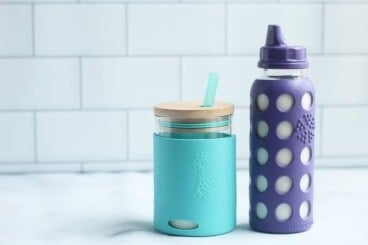
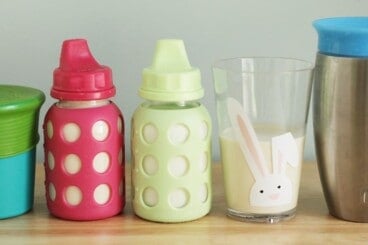
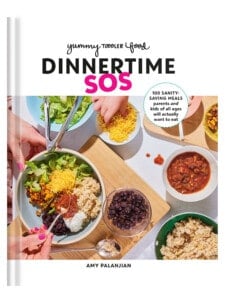
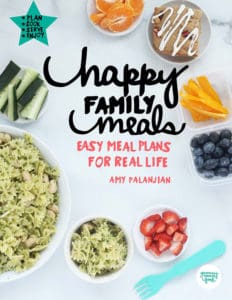
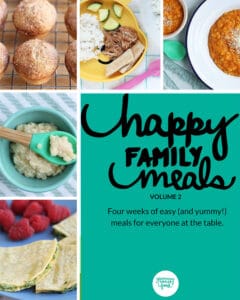
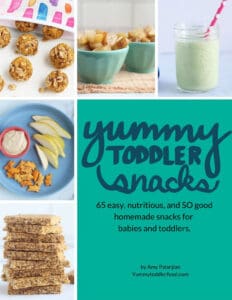




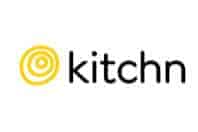
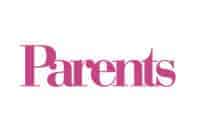
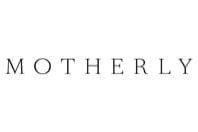


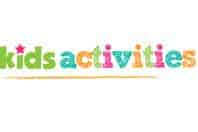
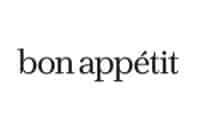
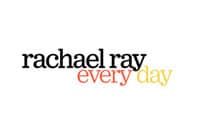
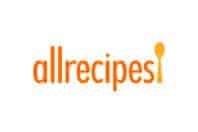
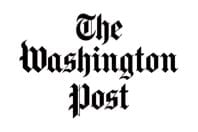
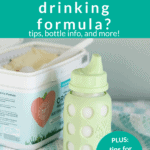
We’re attempting to introduce milk (for the second time after initial constipation issues with the first try after her first birthday) to my almost 14 month old and it’s not going well. The first go round she drank it fine (when I relented and put it in a bottle, so it’s not the taste). But I obviously wanted to dump the bottle. She’s very stubborn so cold turkey is the only way with her. We started with cups of milk three days ago and she’s only consumed a total of 3oz over those three days. It’s also decreased her water intake because she’s a little skittish that we’re going to trick her and there will be milk in her water cup. We’ve tried 6-7 different cups, including a different color of the same cup she’s been effortlessly drinking water from for months. She’s just pushing everything away. We’ve packed away the bottles so they’re totally out of sight, and showed her they’re gone. Any thoughts on how long it might take her to get over it and drink the milk from a cup? Or other tricks?
You could consider taking a break? Kids don’t necessarily need milk if they’re eating 2-3 other dairy foods most days and not all kids love the taste of milk right away. That’s really normal. You could continue offering a really small amount, but without pressure or feeling like she needs to consume a certain amount, and give her time to adjust. There are loads of kids who drink water as their main beverage, even at this age, and grow just fine. Milk is not mandatory. (And anecdotally, none of my three kids liked milk until they were closer to age 3.)
Thanks. Yea that’s basically where we’re at, although ensuring she’s getting enough fat, etc from other foods is challenging as she’s still figuring out what foods she’ll eat (and do so without throwing).